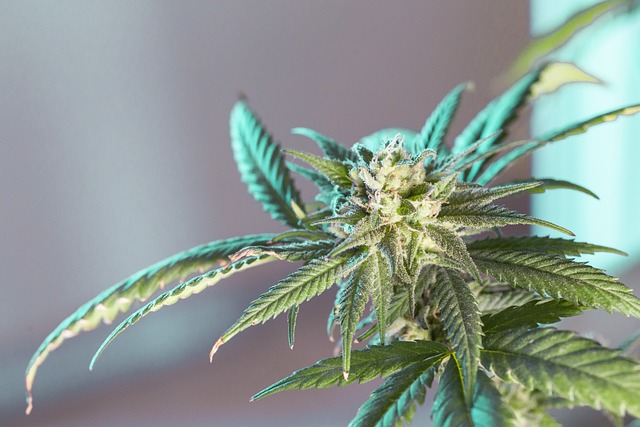THCA buds, a non-psychoactive component of cannabis, are gaining attention as a natural remedy for relaxation and stress management. Unlike THC, THCA provides the therapeutic effects of cannabis without the psychoactive 'high.' Initial studies suggest it may have anti-inflammatory properties and interact with the endocannabinoid system to promote relaxation and well-being. Users experience calmness and ease, making THCA buds a popular choice for those seeking a tranquil state without cognitive impairment. The entourage effect, which includes the synergistic action of various cannabinoids and terpenes, is believed to enhance THCA's benefits. It's important to consult healthcare professionals before incorporating THCA buds into your routine, especially if you have health concerns or are on other medications. Proper dosing is crucial for safety and effectiveness, with new users starting conservatively to understand their body's reaction. THCA's legal status varies by region, so it's essential to source products responsibly. By following guidelines and considering individual tolerance, THCA buds can be an effective way to achieve relaxation.
exploring the therapeutic properties of THCA buds, this article delves into their role in promoting relaxation and elucidates the scientific basis behind their effects. We will guide you through understanding how to safely incorporate THCA buds into your wellness routine by examining dosage and safety protocols. Additionally, we’ll investigate the entourage effect and its implications for optimizing THCA flower’s potential benefits. A crucial aspect of this exploration is addressing the side effects associated with THCA consumption to ensure a comprehensive understanding of its use for relaxation purposes.
- Unraveling THCA Buds: A Natural Choice for Relaxation and Their Potential Effects
- The Science Behind THCA Flower: Cannabinoid Profiles and Relaxation Benefits
- Dosage and Safety: Navigating the Right Amount of THCA Buds for Desired Effects
- Understanding the Entourage Effect: How THCA Interacts with Other Compounds in the Flower
- Side Effects and Considerations: What to Expect When Consuming THCA Flower for Relaxation
Unraveling THCA Buds: A Natural Choice for Relaxation and Their Potential Effects
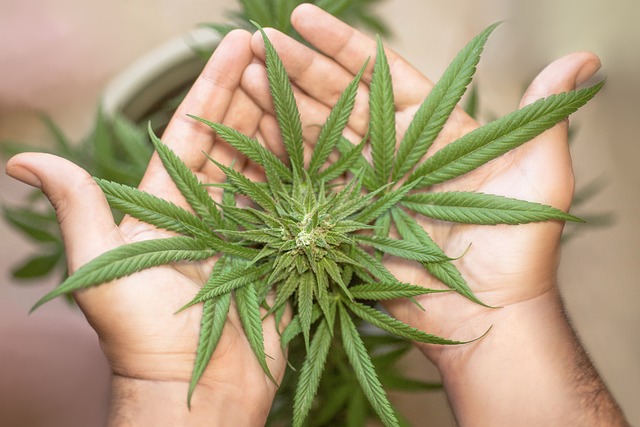
THCA, or tetrahydrocannabinolic acid, is a natural compound found in cannabis plants that has garnered attention for its potential therapeutic and relaxing properties. Unlike its well-known derivative THC, THCA is non-psychoactive, offering a way to experience the plant’s benefits without the ‘high’ associated with other cannabinoids. THCA buds, rich in this cannabinoid, are being increasingly sought after by individuals looking for a natural approach to relaxation. These buds are believed to interact with the body’s endocannabinoid system, which plays a role in regulating mood and stress responses. Users report feelings of calm and ease without impairment, making THCA buds a preferred choice for those who wish to unwind after a long day or manage everyday stress in a clear-headed manner.
The potential effects of THCA buds are numerous and multifaceted. Preliminary research suggests that THCA may have anti-inflammatory properties, which could be beneficial for individuals suffering from chronic inflammation or pain. Additionally, its interaction with the body’s CB1 and CB2 receptors may contribute to an overall sense of well-being and relaxation. While more scientific research is needed to fully understand the scope of THCA’s effects, anecdotal evidence and emerging studies indicate that incorporating THCA buds into a wellness routine could offer a range of benefits from stress relief to support for healthy joint function. As with any supplement or herbal remedy, it’s important to consult with a healthcare professional before integrating THCA buds into your regimen, especially if you have existing health concerns or are taking other medications.
The Science Behind THCA Flower: Cannabinoid Profiles and Relaxation Benefits
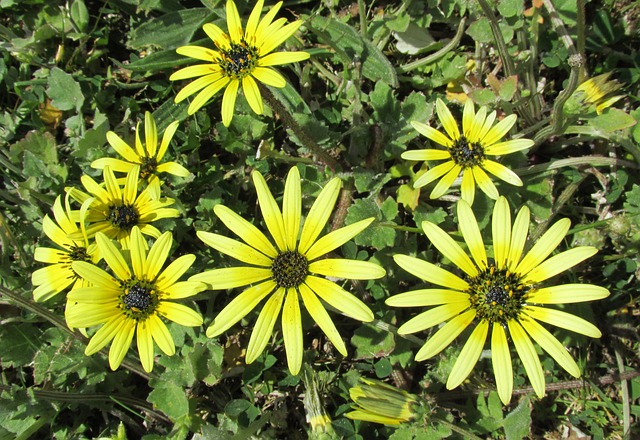
THCA, or tetrahydrocannabinolic acid, is a non-psychoactive cannabinoid found abundantly in raw cannabis plants, including THCa buds for relaxation. It’s the precursor to THC (tetrahydrocannabinol), which becomes psychoactive after being exposed to heat or light during the decarboxylation process. The therapeutic potential of THCA has garnered significant interest within the scientific community, particularly concerning its effects on relaxation and mood regulation.
The science behind THCA flower is rooted in its interaction with the human endocannabinoid system (ECS), a complex network that maintains homeostasis in the body. THCA interacts with the ECS primarily through CB1 and CB2 receptors, influencing various physiological processes without the psychoactive effects associated with THC. Studies have indicated that THCA may possess anxiolytic (anti-anxiety), analgesic (pain-relieving), anti-inflammatory, and neuroprotective properties, contributing to its relaxation benefits. Consumers often report a sense of calm and tranquility when using THCA buds for relaxation, suggesting that this cannabinoid may be particularly effective in mitigating stress and promoting a state of mental ease. The entourage effect, where multiple cannabinoids and terpenes work synergistically, further enhances the potential benefits of THCA flower, making it a subject of growing interest for those seeking natural ways to manage stress and promote relaxation without psychoactive side effects.
Dosage and Safety: Navigating the Right Amount of THCA Buds for Desired Effects
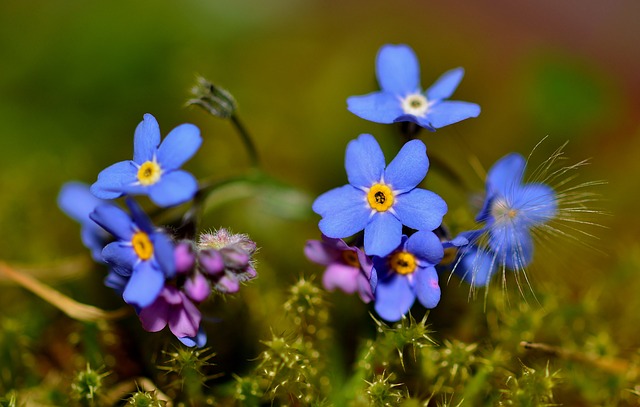
Consuming THCA buds, the raw form of tetrahydrocannabinolic acid, can offer a range of effects, with many users turning to them for relaxation. It’s crucial to understand the dosage and safety aspects when incorporating THCA buds into your wellness routine to optimize their benefits while minimizing potential side effects. The potency of THCA buds can vary significantly between strains and batches, which means that ‘thca buds for relaxation’ must be approached with careful consideration of individual tolerance and the desired effect. Typically, users may start with a small dose to gauge their sensitivity and gradually increase the amount based on personal experience and the effects achieved. It’s advisable to begin with a dosage that is no more than a quarter to a half gram of THCA buds, as this can serve as a baseline for assessing your body’s reaction. The effects of THCA are generally milder than its decarboxylated form THC, but they can still be potent, especially for those with little to no experience with cannabinoids. Users should also be aware that the absence of psychoactive effects from THCA does not mean it lacks influence on the body’s systems; it interacts with the endocannabinoid system and can produce noticeable physiological and mental responses. Adhering to recommended dosages and understanding the safety profile associated with THCA buds is essential for achieving the desired relaxation effects without overstepping into unwanted territory. Always consult with a healthcare professional before integrating any new substance into your health regimen, especially if you have pre-existing health conditions or are taking other medications.
Understanding the Entourage Effect: How THCA Interacts with Other Compounds in the Flower
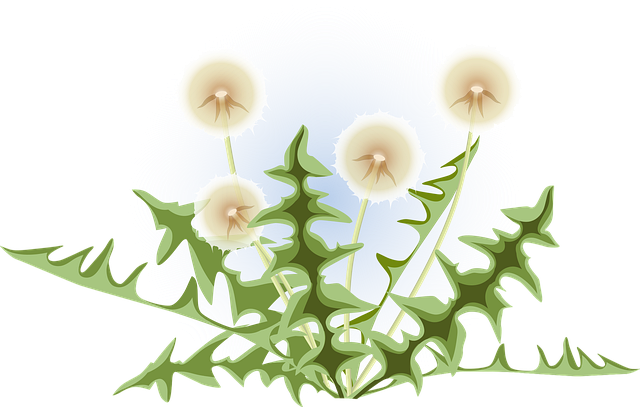
Cannabis enthusiasts and researchers alike recognize the significance of THCA, or tetrahydrocannabinolic acid, as a non-psychoactive precursor to THC. When exploring the effects of THCA flower, understanding the entourage effect is crucial. This concept refers to the synergistic interactions between different compounds within the cannabis plant, including cannabinoids, terpenes, and flavonoids, which can modulate their pharmacological effects. THCA buds for relaxation, for instance, may contain varying ratios of these compounds that contribute to a calming experience. The presence of THCA in conjunction with other cannabinoids such as CBD and CBN can enhance the therapeutic properties of the flower, potentially offering a more balanced and nuanced effect than THCA alone.
The entourage effect is not solely about the sum being greater than its parts; it’s about how these compounds interact to create effects that might be different from what each compound could produce individually. For relaxation, THCA buds harness this synergy to offer a soothing sensation without the psychoactive high associated with THC. The terpenes present in the flower, such as myrcene, limonene, and linalool, are known for their relaxing properties and can amplify the calming effects of THCA. This intricate dance of compounds within the cannabis plant ensures that the experience derived from THCA buds for relaxation is multifaceted, catering to a wide array of individual needs and preferences.
Side Effects and Considerations: What to Expect When Consuming THCA Flower for Relaxation
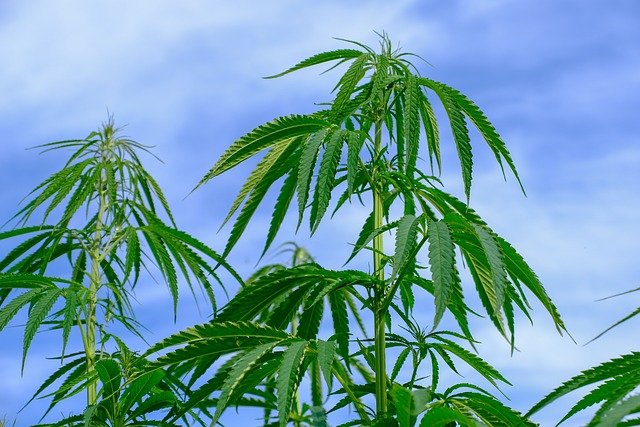
When incorporating THCA buds into your relaxation routine, it’s crucial to be aware of their potential side effects. Tetrahydrocannabinolic acid (THCA) is the raw form of THC and is found in raw cannabis plants or in products that have been processed to preserve its natural state. While THCA is non-psychoactive, it’s known for its relaxing properties without the intoxicating effects associated with THC. However, like any substance, it can cause side effects in some individuals. Common reactions may include dry mouth and red eyes, which are typically mild and temporary. Consumers should also be mindful of potential psychoactive effects if the THCA is decarboxylated, a process that converts THCA into THC through heat. This transformation can occur during storage or improper handling, leading to unexpected results.
Before incorporating THCA buds into your relaxation regimen, consider consulting with a healthcare professional, especially if you have underlying health conditions or are taking other medications. Additionally, start with a low dose to gauge how your body responds and gradually increase as necessary. It’s also important to be aware of the legal status of THCA in your region and to purchase products from reputable sources to ensure quality and safety. By being well-informed and cautious, you can better manage the side effects and fully enjoy the relaxing benefits of THCA buds.
When incorporating THCA buds into your wellness routine, it’s crucial to approach their use with a balanced perspective, considering both the potential benefits and the side effects. As detailed in our exploration of ‘THCA Buds for Relaxation,’ these natural compounds can offer a soothing experience when used responsibly. However, users should be aware of possible adverse reactions such as dizziness, anxiety, or paranoia, especially when adjusting to new dosages. The entourage effect, which highlights the synergistic impact of THCA alongside other cannabinoids and terpenes in the flower, further underscores the importance of a holistic approach to consumption. By adhering to recommended dosages and recognizing individual sensitivities, individuals can optimize relaxation while minimizing risks associated with THCA flower side effects. Always prioritize informed decision-making and consult with healthcare professionals when integrating new wellness practices into your lifestyle.
